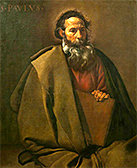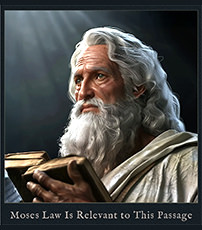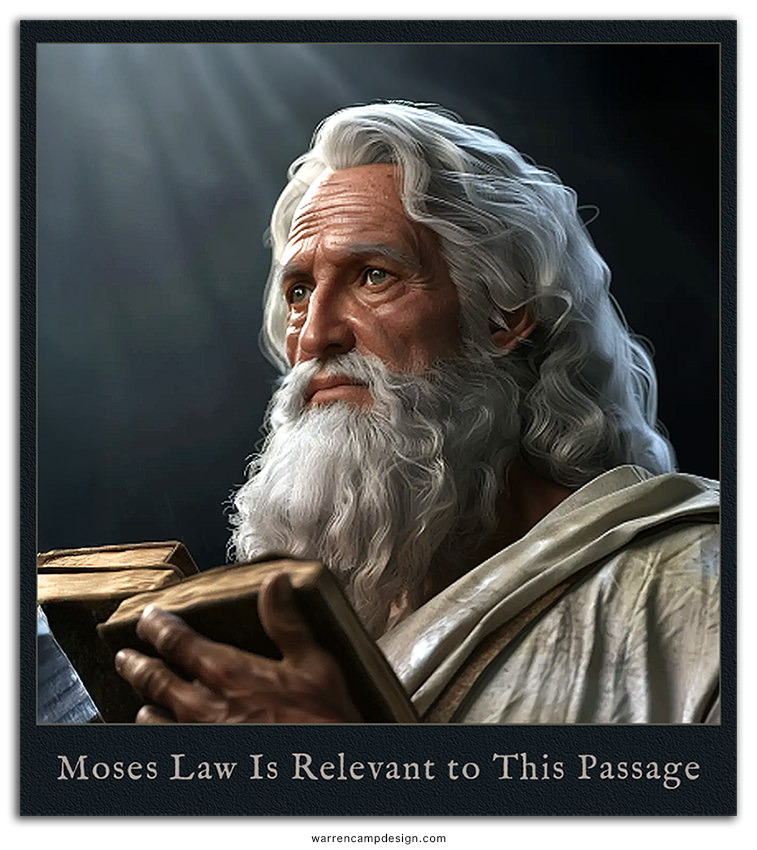First Corinthians 9:1–18 . . .
The Rights of an Apostle
Following Paul’s discourse comparing knowledge and freedom in my previous “Food Sacrificed to Idols” commentary, we start our second grouping of First Corinthian studies starting with chapter 9. Paul will give his own actions as an example to further his argument: His insistence on supporting himself by working, while in Corinth, demonstrated that although his apostleship gave him a position of social prominence, he didn’t exercise it.
As already seen, social status was a major problem with the Corinthians. Next week, we’ll see how the Corinthians needed to follow Paul’s example of humility. He also demonstrated the principle of love when he became a Jew to the Jews in order to win Jews; and a non-Jewish Gentile to the Gentiles that he might win Gentiles; and to the weak he became weak (9:19–22). Stay tuned! Paul will close chapter 9 with his encouraging instruction on how we should run our individual race using self-discipline in order to “get the prize” (9:24–27).
You can’t judge a servant of Christ by his pay level or lack thereof. Take the apostle Paul, for example. He chose not to receive payment from the church at Corinth. Instead, he established this church in a sin-hardened city at his own expense. He served them freely so that the gospel would have an open door through which to travel to many. Paul’s personal sacrifices brought about great results for God’s kingdom.
Likewise, we’ve been called to have a godly work ethic as ministers of the gospel. Some of us are paid, others serve as volunteers. Yet, we’re all called to represent Christ and offer him our service-filled lives. Doing so, we’ll learn that proclaiming Christ demands paying a price. In today’s passage, Paul will share with us an autobiographical sketch of his ministry wherein he’ll exhort us to follow his example. First, Paul will argue that…
1. We must relinquish our individual rights — vv. 1–14 (see this passage at the bottom of this page). Paul builds a lengthy argument for ministers to be paid. In v. 2, the Corinthians were the proof that he was an apostle; if they deny Paul’s apostleship, they deny their own existence. He explains that the Corinthians are the “seal” of his apostleship. In vv. 3–4, he says that he had a legitimate right to receive financial support from the people to whom he ministered. He continues his argument in vv. 5–6 by stating that apostles have the right to be married and to cease to work.
In vv. 7–14, Paul gives five reasons why he has the right to be supported by the churches to whom he ministered and why he shouldn’t have to work at a trade to earn a living. He asks rhetorically in v. 9, “Who serves as a soldier at his own expense?” He was insisting that gospel workers have a real, God‑given right to material support from the churches they serve. As a result of receiving financial support, he’d be able to devote his energy to study, prayer, preaching, and teaching.
[Note: Having argued vigorously for his right to receive Corinthian support, Paul now proceeds to argue just as strongly for his right to give up this right. This follow-up section of text gives the reader a window into the apostle’s soul.]
2. We must fulfill our individual calling (vv. 15–18): Paul explains that his passions for lost people and preaching the gospel to them consumes him, and that he’ll go to any and every length to share Christ. So why does Paul go to such great lengths to win lost people? The work of the gospel was the great axis around which everything in Paul’s life revolved.
Paul says that he can’t legitimately boast in his ministry of preaching, because God ordered him to do it. He states that he’s “under compulsion” (v. 16) and been entrusted with a “stewardship” responsibility (v. 17).
Finally, Paul asks the Corinthians [and us] in v. 18, “What then is my reward?” His “reward” is his ability to demonstrate love to people by freely preaching the gospel. His highest payment receipt was the privilege of preaching about Jesus without receiving any financial compensation.
Note: 1st Corinthians challenges believers to examine every aspect of their lives through the lens of the Gospel. In chapters 8–10, Paul presents these three challenges:
Food offered to idols (ch. 8) | Surrendering his rights (ch. 9) | Warning against idolatry (ch. 10)
› Watch BibleProject’s superb animated video (2 min.) highlighting Paul’s messages in these three chapters.
† Summary of 1 Corinthians 9:1–18
Today’s passage focuses on Paul’s defense of his apostolic authority and his right to financial support, while also explaining his choice to forgo that right. Here’s my summary of its key points:
• Rights of an Apostle
Paul argues that apostles have certain rights, including:
† The right to food and drink
† The right to be accompanied by a believing wife
† The right to refrain from secular work
He uses several analogies to support his point:
† A soldier who serves at his own expense
† A farmer who eats from his own vineyard
† A shepherd who drinks milk from his flock
• Scriptural Support
Paul cites the Law of Moses, quoting Deuteronomy 25:4 about not muzzling an ox while it treads grain. He applies this principle to apostles, arguing that those who preach the gospel should receive their living from the gospel.
• Paul’s Choice to Forgo His Rights
Despite establishing his right to support, Paul explains that he hasn’t used these rights. He chooses instead to preach the gospel free of charge to avoid any hindrance to its spread. He sees this self-denial as part of his calling and mission.
• Paul’s Reward
Herein, Paul states that his reward is the opportunity to preach the gospel free of charge, making it available to all without creating financial barriers. This approach allows him to maintain his boast in the Lord and fulfill his stewardship of the gospel message.
This eighteen-verse passage highlights Paul’s commitment to his apostolic calling and his willingness to sacrifice personal rights for the sake of the gospel’s advancement.
- Q. 1 If you could spend tomorrow doing anything you wanted, what would you do?
- Q. 2 What “rights” as an apostle does Paul say he’s entitled to? Why does he make this argument?
- Q. 3 Seeing in this passage Paul’s deep passion for preaching the gospel, how would you rate your passion level on a scale of 1 (couch potato) to 10 (Olympic gold medalist)?
1 Corinthians 9:1–18
New International Version (NIV)
[You can view it in a different version by clicking here; you can also listen to this chapter.]
Paul’s Rights as an Apostle
9 1Am I not free? Am I not an apostle? Have I not seen Jesus our Lord? Are you not the result of my work in the Lord? 2Even though I may not be an apostle to others, surely I am to you! For you are the seal of my apostleship in the Lord.
3This is my defense to those who sit in judgment on me. 4Don’t we have the right to food and drink? 5Don’t we have the right to take a believing wife along with us, as do the other apostles and the Lord’s brothers and Cephas? 6Or is it only I and Barnabas who lack the right to not work for a living?
7Who serves as a soldier at his own expense? Who plants a vineyard and does not eat its grapes? Who tends a flock and does not drink the milk? 8Do I say this merely on human authority? Doesn’t the Law say the same thing? 9For it is written in the Law of Moses: “Do not muzzle an ox while it is treading out the grain.” Is it about oxen that God is concerned? 10Surely he says this for us, doesn’t he? Yes, this was written for us, because whoever plows and threshes should be able to do so in the hope of sharing in the harvest. 11If we have sown spiritual seed among you, is it too much if we reap a material harvest from you? 12If others have this right of support from you, shouldn’t we have it all the more?
But we did not use this right. On the contrary, we put up with anything rather than hinder the gospel of Christ.
13Don’t you know that those who serve in the temple get their food from the temple, and that those who serve at the altar share in what is offered on the altar? 14In the same way, the Lord has commanded that those who preach the gospel should receive their living from the gospel.
15But I have not used any of these rights. And I am not writing this in the hope that you will do such things for me, for I would rather die than allow anyone to deprive me of this boast. 16For when I preach the gospel, I cannot boast, since I am compelled to preach. Woe to me if I do not preach the gospel! 17If I preach voluntarily, I have a reward; if not voluntarily, I am simply discharging the trust committed to me. 18What then is my reward? Just this: that in preaching the gospel I may offer it free of charge, and so not make full use of my rights as a preacher of the gospel.




